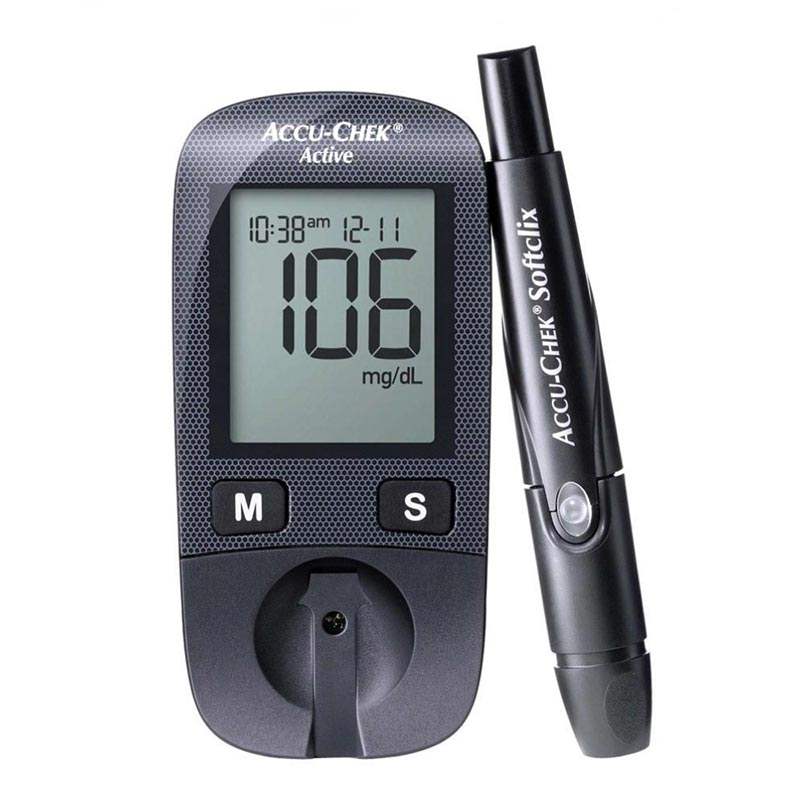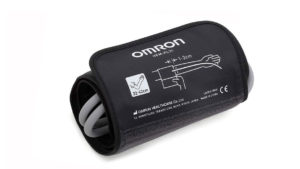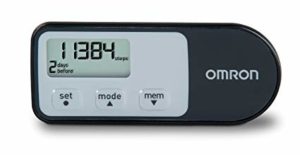
How To Choose The Right Glucometer
You should consider buying a glucometer, but you’ll want to know what to look for in one. There are many devices out there, so it’s good to know what features it should have. With that said, here is what to look for when shopping around for these devices, as well as considerations to keep in mind.
Size Matters
The size of the glucometer matters, and they come in a range of sizes. Some are quite large and others are compact. Generally speaking, it’s a good idea to choose a meter that is small and compact, if you tend to carry it around with you all the time. This will make it easy to carry and use when you need it.
If you don’t need to bring it with you wherever you go, then size doesn’t really matter. However, it’s still a good idea to go for one that is lightweight. The lighter it is, the better.
Reliability
One of the most important things to look for in a glucometer is reliability, and not all meters are equal when it comes to reliability. Getting an idea of how reliable a meter is can be difficult. The best way to do it is to read reviews and read what the manufacturer says about it. The information should be found on the box or in the description of the meter.
Do keep in mind that no device can provide you with a 100% reading. If a meter claims this, then you should do more research on it. Generally speaking, a meter’s manufacturer won’t claim their meters are 100% accurate.
Ease Of Use
Choose a meter that is relatively easy to use and doesn’t require a lot of guesswork. If you’re buying a meter online, determining how easy it is to use can be challenging. However, you can watch a few videos of the meters you’re researching and this will give you a general idea of how easy it is to use.
Alternatively, you can see your local chemist. They should be able to show you a few meters and how they work. Afterwards, you can decide which one you should buy.
Battery Life
Battery life is important, so find a meter that has a long battery life. A good meter should be able to do hundreds of readings before the battery needs to be replaced. Generally speaking, a meter should be able to take 1000 samples/readings before the battery needs to be replaced. The longer the battery lasts for, the better, especially if you use the meter on a regular basis or a few times per day.
Glucometer Display And Memory
Two other features that are important to consider is the meter display and its memory. Meters come equipped with different amounts of memory sizes, so find one that has enough memory that will suit the frequency you will be using it. As a rule of thumb, the more you use your meter, the more memory it should have.
As for display, this is a matter of personal preference. You might prefer a meter that displays readings on a large display or one that has a small display. The choice is up to you, but do pay attention to the type of display a meter has before buying it.
Coding
Some meters require a bit of coding before you can use them, while others don’t require any coding whatsoever. It’s usually better to go for ones that don’t require it. However, the choice is ultimately up to you.
Warranty
The last thing you want is to purchase a meter, only for something to go wrong with it shortly after buying it. This means you’d have to spend even more money on another one. This is why you want to make sure you choose a meter that has a warranty.
Different meters have different warranties, but not all do have a warranty. Definitely choose one that has a warranty and make sure you find out when it runs out. Generally speaking, it’s a good idea to choose a device that has a warranty that’s good for at least 1-3 years. Make sure you understand what’s covered by the warranty and what’s not.
While you’re at it, find out how durable a meter is. This is even the case if it is covered by a warranty. You want a meter that is durable and will last for a very longtime before something potentially goes wrong with it.
Price
Let’s not forget about the price of a meter because some meters are far more affordable than others. Different factors influences the price of a device, such as what kind of features it has, its battery life and things of that nature. Keep in mind that the cheapest meters aren’t always the least reliable, nor are the most expensive ones always the best ones.
Figure out what you want in a meter and then start shopping around for them. Make sure you have a budget in mind. However, it is in your best interest to be willing to spend a bit of money on a device you really want. Meters are generally worth their price tags, but it’s still a good idea to compare many of them.
Appearance
The appearance of a meter is another thing to consider when shopping for them. They come in a range of styles and design, and if the appearance is important to you, then find one in the colour you want. It’s a good idea to choose an appealing meter because it might make it easier for you to do your readings. As a general rule of thumb, compare at least 5-6 meters and see how they look and then you can determine which one you should buy.
If you want a good meter, then make sure you keep the above in mind. Take your time when shopping around for a device and compare as many as possible. The more devices you compare, the better your chances of finding the right device will be. All you have to do now is start looking around for the perfect glucometer.













